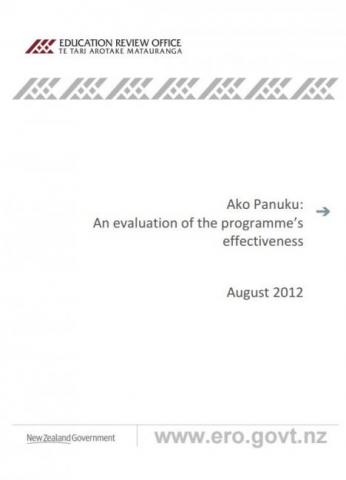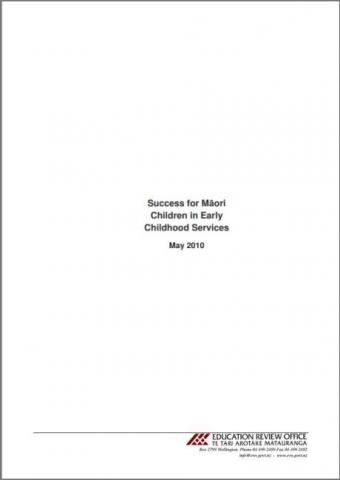Effective school evaluation: how to do and use internal evaluation for improvement
Published: 19 Nov 2015
This guide to using internal evaluation for improvement purposes is published jointly by ERO and the Ministry of Education as a companion to School Evaluation Indicators: Effective Practice for Improvement and Learner Success and is supported by Internal Evaluation: Good Practice.
- Audience:
- Māori-medium
- Parents
- Schools
- Content type:
- Research
- Topics:
- Evaluation
- Internal evaluation
- Pasifika
- English-medium
- Raising achievement
- Improvement






